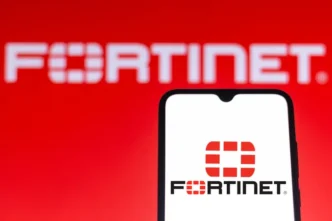GitHub has officially launched its security campaigns feature for general use, marking a major upgrade in how development and security teams tackle vulnerabilities together. After a successful public preview that began in October 2024, the tool is now broadly available to all users of GitHub Advanced Security and GitHub Code Security.
The goal? Reduce the growing mountain of unresolved vulnerabilities, often referred to as security debt, by encouraging more effective, structured remediation workflows.
Security Debt Reduction with Real Results
While GitHub already provides tools like CodeQL for automated vulnerability detection and Copilot Autofix for recommended patches, one key challenge remained—getting those vulnerabilities actually fixed. According to GitHub’s internal analysis, many identified issues go unresolved, leading to increased security debt over time.
That’s where GitHub security campaigns come in. During the preview phase, the campaigns led to a dramatic improvement: developers fixed 55% of prioritized vulnerabilities when security campaigns were used, compared to just 10% without them.
These results signal a promising shift in how security issues are prioritized and addressed—transforming vulnerability management from a passive backlog to an active, team-driven process.
How GitHub Security Campaigns Work
Security campaigns are designed around a collaborative, three-step workflow that integrates seamlessly into existing development pipelines.
First, security teams select which vulnerabilities should be tackled and define a timeline for resolution. GitHub provides ready-made templates to help teams quickly launch campaigns focused on common threat types—like high-severity flaws or frequently exploited vulnerabilities.
Next, developers are notified of the issues relevant to them. These alerts are integrated directly into their workflow, so the task of fixing vulnerabilities becomes just another item in their queue—no more context switching or lost alerts.
The final piece of the puzzle is automation. Copilot Autofix generates suggested fixes for each vulnerability, helping developers move quickly from detection to resolution. Notifications are also sent out to ensure every developer knows exactly which alerts they or their team are responsible for.
Crucially, each campaign is overseen by a dedicated manager who monitors progress, supports developers, and ensures collaboration remains on track. Meanwhile, security managers have full visibility at the organization level, allowing them to guide strategy and measure impact.
GitHub summarized it best: “Security campaigns are not just lists of alerts. They bring structure, ownership, and collaboration into the remediation process.”













